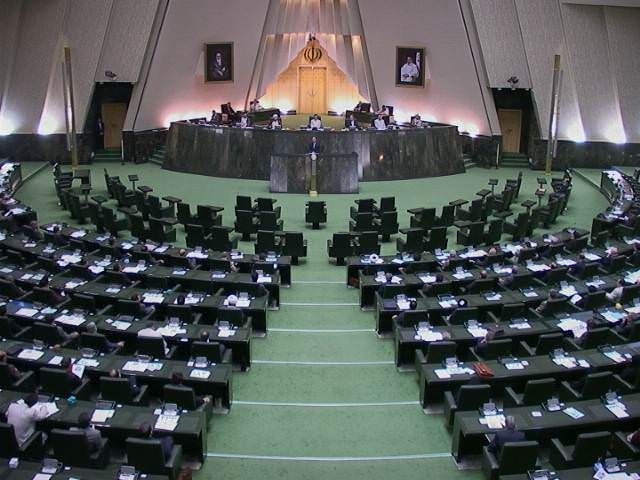The Islamic Consultative Assembly
Iran's legislative body, the Islamic Consultative Assembly is analogous to the United States Congress. The 270 member Assembly is endowed with many of the same powers—it is the main lawmaking body of the country; it appropriates spending and ratifies treaties between nations. The Assembly's members are elected directly by the people, reflecting, at least in this case, a constitutional commitment to democracy.
The Guardian Council
The Islamic Consultative Assembly answers to the Guardian Council, which is roughly analogous in function to the United States Supreme Court (though Iran's highest court is also called the Supreme Court, it does not hold the power of judicial review and bears little resemblance in function to the United States Supreme Court). The Guardian Council is a twelve member body consisting of six experts in law, and six religious men. The Guardian Council is charged with making sure that the laws passed by the Assembly are constitutional and compatible with Islam. The Guardian Council members serve six year terms. The Council differs from the United States Supreme Court in that it reviews legislation as it is passed by the Assembly, rather than waiting for the law to be challenged. It also differs from the Supreme Court in that it judges laws based on both their adherence to the Iranian Constitution as well as to Islamic law.
The President of Iran is elected directly by the people via a simple majority. The Guardian Council must approve the candidates before they are allowed to campaign. Once elected, the President can appoint a Council of Ministers which helps administer the laws. Much like the United States Cabinet, these Ministers are subject to approval by the legislature. He also has the power to appoint administrative deputies, ambassadors and to design the state budget.
The Supreme Leader
This is the most striking difference institutionally between the United States and Iran. The Supreme Leader is selected by the Assembly of Experts, a body elected by the people whose sole duty is to oversee the Selection of the Supreme Leader. The Supreme Leader has the power to appoint people to many important offices, including the Supreme Court, military leadership and the Guardian Council. Furthermore, the Leader has unilateral power to declare war, as well as the responsibility of "delineation of the general policies of the Islamic Republic of Iran," granting him broad editorial power over both foreign and domestic policy.
Conclusion
Although many offices are elected by the people, much of the power to determine policy is vested in The Supreme Leader, who is chosen not by the people but by the Council of Experts. Furthermore, the appointed Guardian Council must ratify the laws drafted by the Assembly, further distancing policy making power from the people. That so much power is vested in offices not held accountable by the people suggests a weak commitment to democracy. Additionally, it leaves little incentive for Iranian leaders to adhere to democratic principles, as the recent events surrounding the election suggest.
Source:
A Brief Summary of Iran's Constitution by Ian Wright, http://www.associatedcontent.com/article/1860435/a_brief_summary_of_irans_constitution.html?cat=37
Iran Constitution: http://www.servat.unibe.ch/law/icl/ir00000_.html
← Go back Next page →

